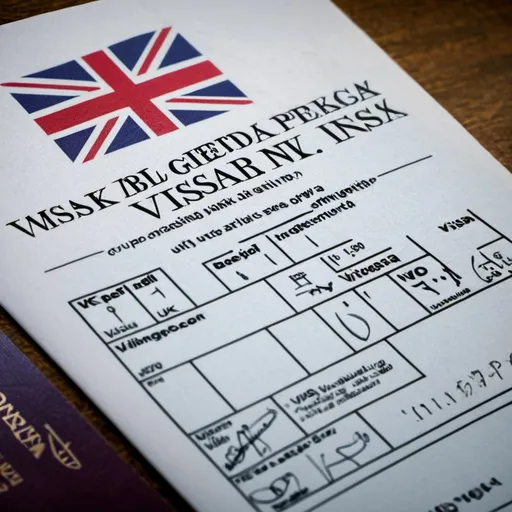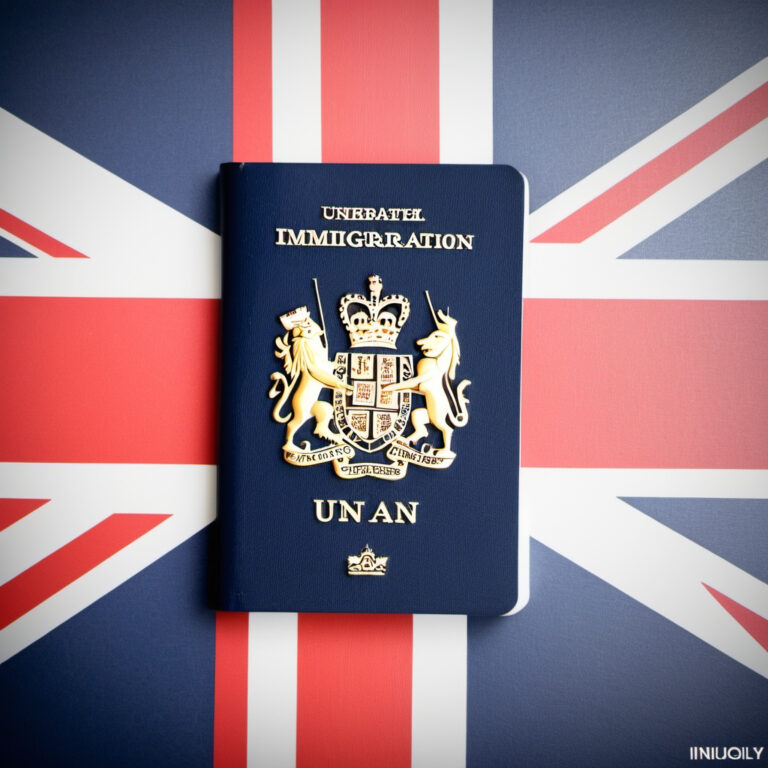Impact Of Brexit On Work Visas
The United Kingdom’s exit from the European Union, commonly referred to as Brexit, has ushered in significant changes across various sectors, most notably in immigration and work visa policies. The transition from free movement within the EU to a new points-based immigration system has fundamentally altered the landscape for hiring foreign talent in the UK. This article explores the key impacts of Brexit on work visas, examining the implications for EU nationals, UK employers, and the broader labor market
Points-Based System Implementation
On January 1, 2021, the UK ended its free movement policy with the EU, replacing it with a points-based system designed to treat EU and non-EU citizens equally. Under this new framework, foreign workers must accrue a certain number of points to be eligible for work visas. Points are awarded based on specific criteria, such as:
Job Offer: A valid job offer from an approved employer.
Skill Level: The job must meet a minimum skill level, generally at least RQF Level 3, which is equivalent to A-level.
Language Proficiency: Applicants must demonstrate proficiency in English.
Salary Threshold: Applicants must meet the minimum salary threshold of £26,200 annually, or the “going rate” for their job, whichever is higher.
This system aims to ensure that only skilled workers enter the UK labor market, impacting sectors traditionally reliant on lower-skilled or seasonal labor.
Impact on EU Nationals
Changes In Immigration Status
Before Brexit, EU nationals enjoyed the right to live and work in the UK without needing a visa. Post-Brexit, EU workers are subjected to the same immigration regulations as non-EU nationals, necessitating formal applications for work visas. This has led to a decline in the number of EU workers in the UK, particularly in sectors like agriculture, hospitality, and healthcare, which previously relied on freely available labor.
To get a detailed eBook on the impacts of Brexit on work visas click here
EU Settlement Scheme
The UK government introduced the EU Settlement Scheme, allowing EU nationals residing in the UK before December 31, 2020, to apply for settled or pre-settled status. This scheme, however, only protects those who meet the criteria and does not extend to new arrivals. Consequently, EU nationals seeking to work in the UK post-Brexit must navigate the points-based immigration system, leading to increased bureaucracy and uncertainty.
Challenges For UK Employers
Talent Shortages
The new visa regulations pose significant challenges for UK employers, particularly in industries that depend on lower-skilled labor. Sectors such as hospitality, construction, and agriculture have reported acute labor shortages since the implementation of the points-based system. As the pool of available labor diminishes, businesses may face increased costs associated with hiring skilled workers and may struggle to fill essential positions.
Recruitment And Compliance
Employers must also adjust to additional administrative burdens associated with the new immigration system. Companies wishing to hire foreign workers must apply for and maintain a sponsorship license, which entails compliance with Home Office regulations. This requires comprehensive record-keeping and monitoring of employees’ immigration status, increasing operational costs and complexity for many businesses.
Broader Labor Market Implications
Economic Impact
The reduction in the number of foreign workers may affect the UK’s economic growth, as fewer available labor resources could hinder productivity and innovation. Certain sectors may experience decreased output due to difficulties in staffing. Moreover, the overall appeal of the UK as a destination for skilled talent may diminish, affecting the country’s competitive edge in global markets .To get a detailed eBook on the impacts of Brexit on work visas click here
Changing Migration Patterns
Brexit has reshaped migration trends, with some countries witnessing increased emigration of skilled workers to the UK, while others see a decline. For example, nations outside the EU may experience a rise in skilled migrants seeking opportunities in the UK, incentivized by the points-based system. Conversely, non-EU countries may also transition workers to other EU nations where free movement still exists.
The Future Of Work Visas Post-Brexit
Potential Reforms
As the UK government and businesses adapt to the new immigration landscape, ongoing reassessments of the points-based system are likely. There is potential for modifications to the minimum salary thresholds or the introduction of new visa categories designed to meet the evolving needs of the labor market. Continued dialogue between the government and industry stakeholders will be crucial in addressing workforce shortages and ensuring sustainable economic growth.
Continued Evolution Of Policies
The impact of Brexit on work visas will continue to evolve, influenced by political changes, economic circumstances, and labor market demands. Future immigration reforms or trade agreements may further shape the UK’s approach to work visas, offering new pathways for talent acquisition or modifying existing frameworks in response to business needs. To get a detailed eBook on the impacts of Brexit on work visas click here
Brexit has markedly transformed the landscape of work visas in the UK, establishing a challenging new environment for EU nationals and UK employers alike. As businesses grapple with labor shortages and increased administrative demands, the implications for the broader economy remain significant. While the points-based immigration system aims to create a fairer and more equitable migration process, its practical outcomes will require ongoing evaluation and potential adjustments in the years to come.






